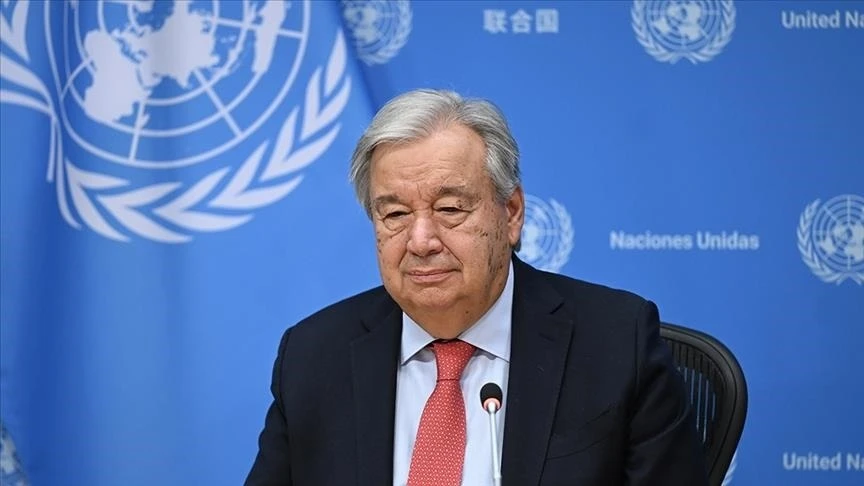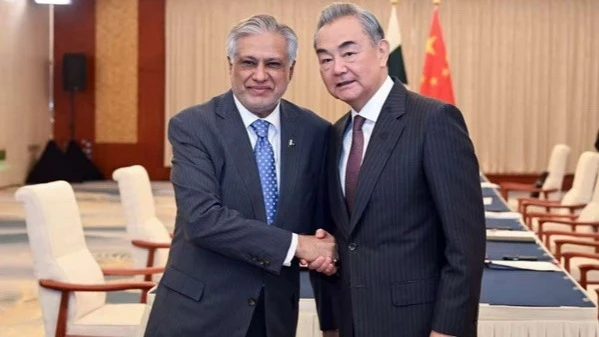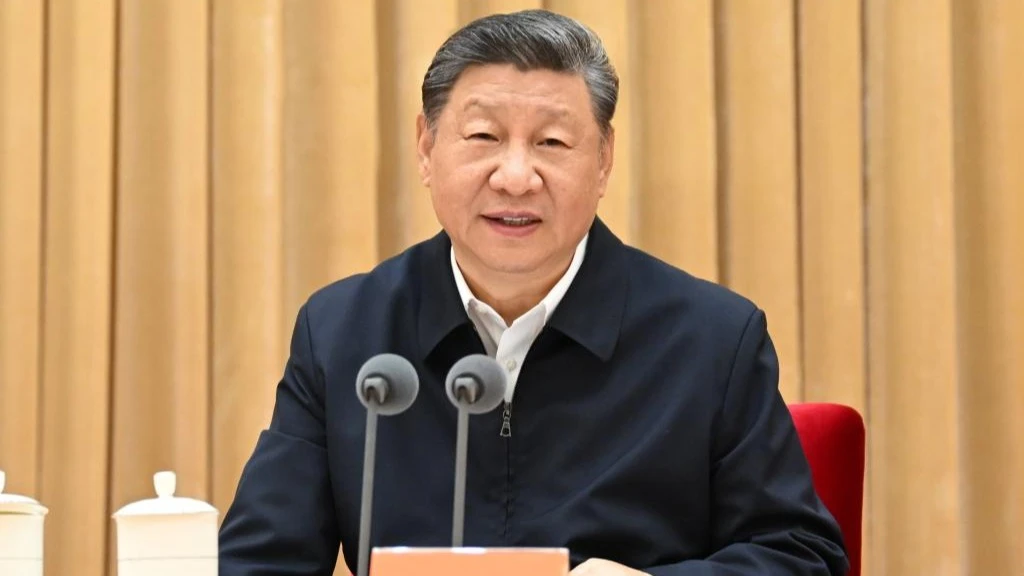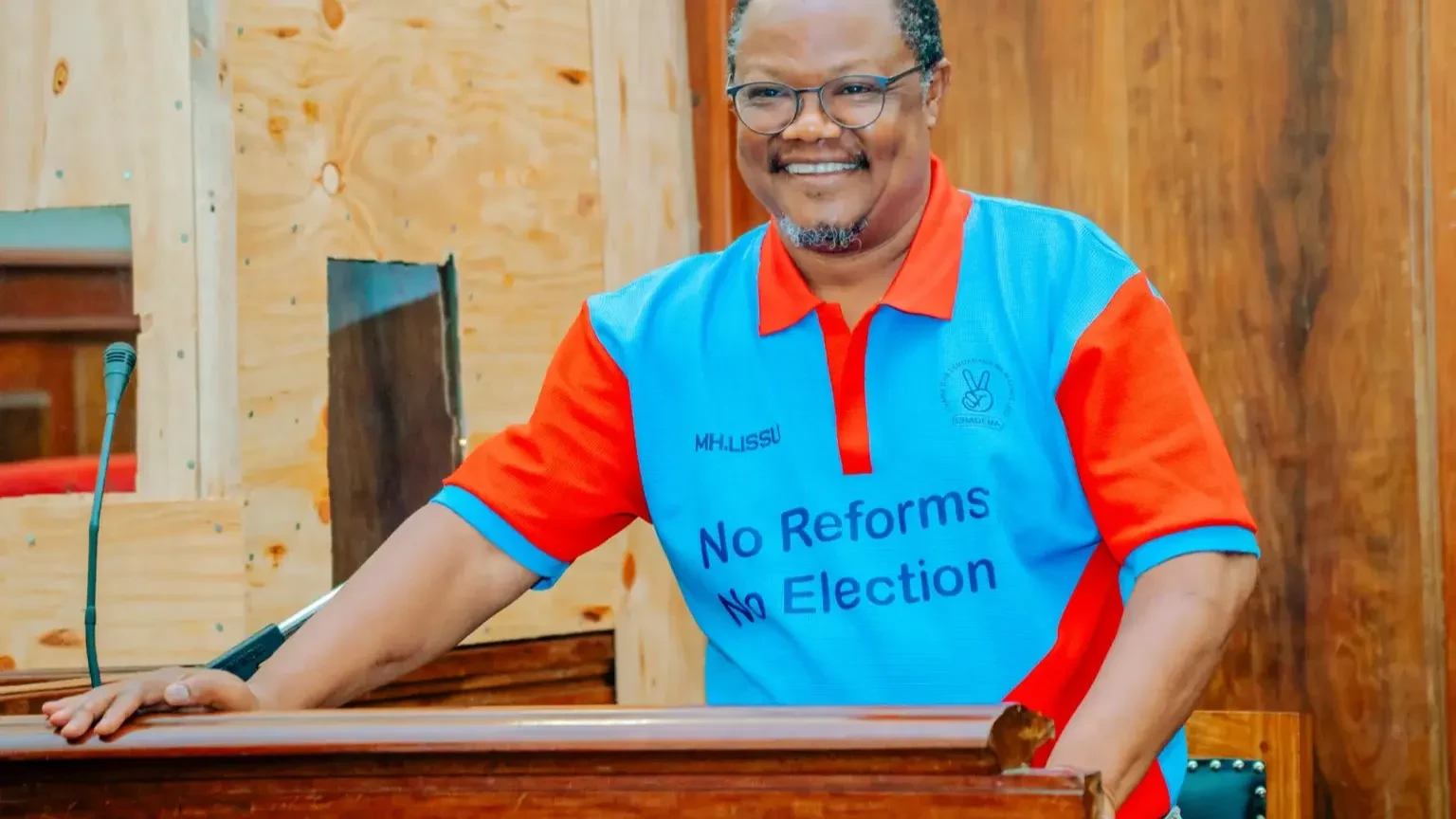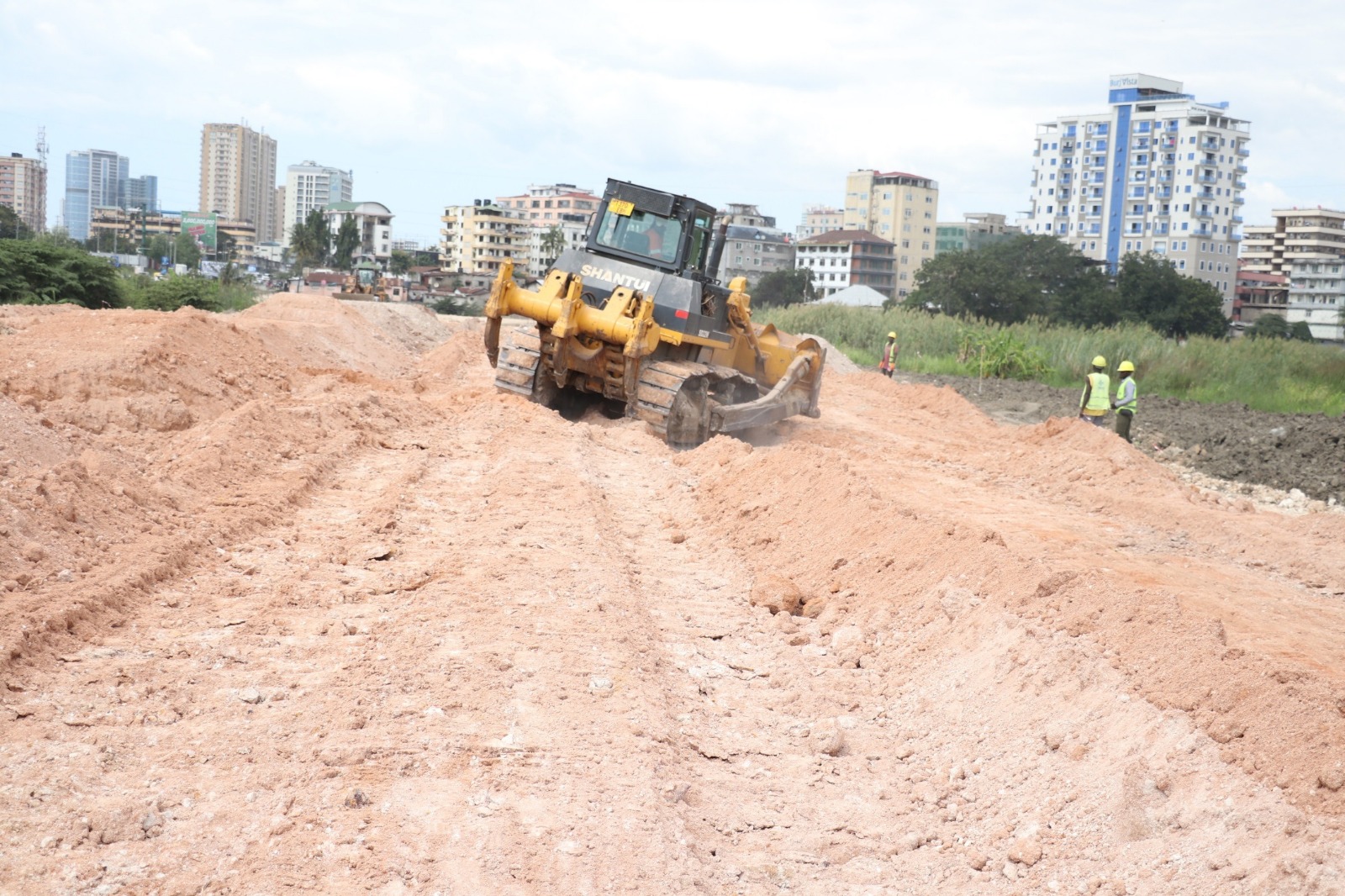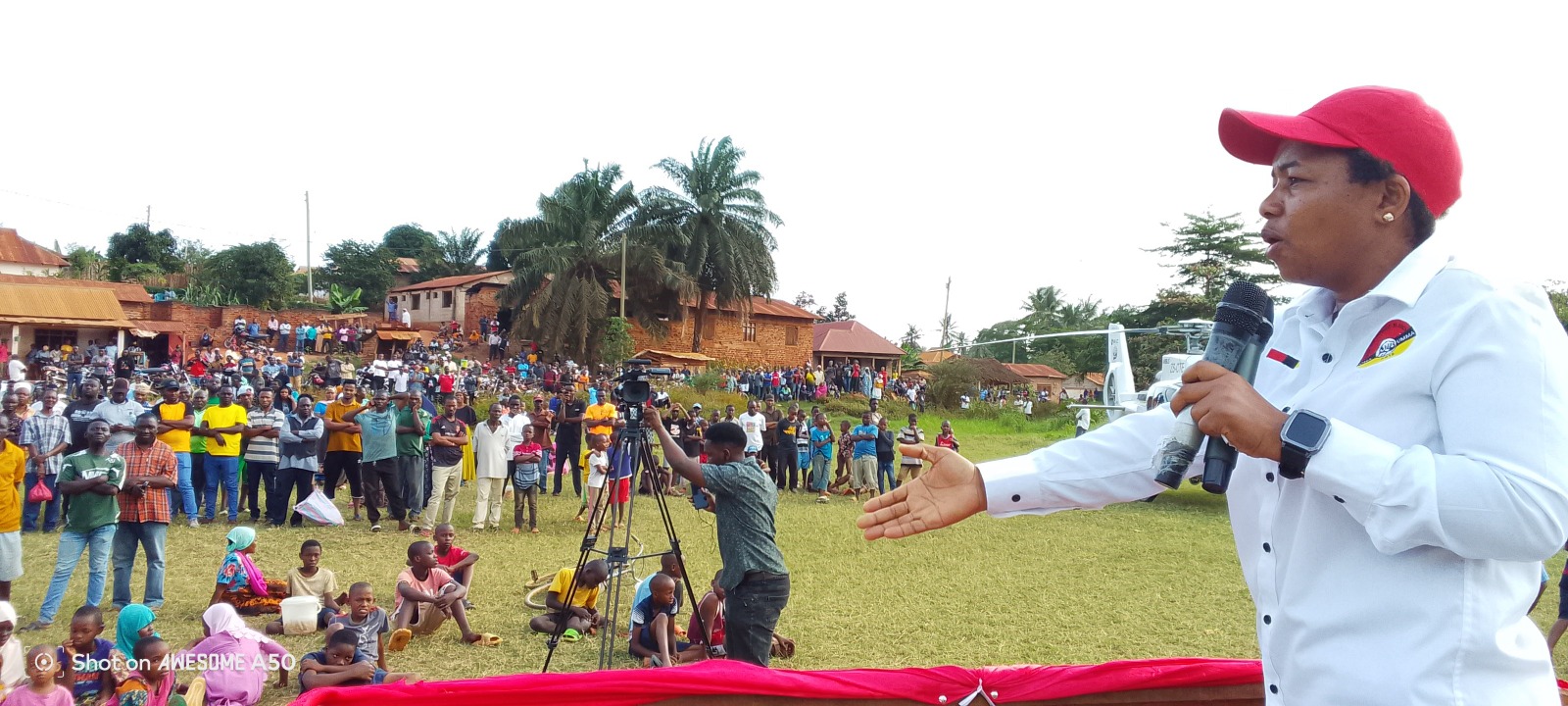Samia set to launch major fertiliser plant as Tanzania eyes self-reliance
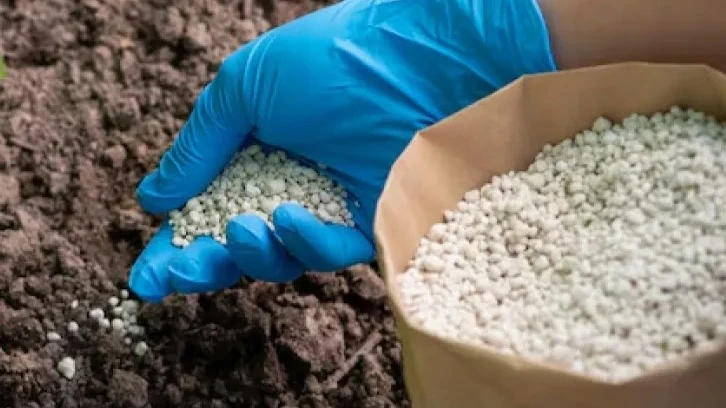
TANZANIA’s fertiliser industry is currently undergoing a transformative shift, as demand surges during peak farming seasons and national efforts intensify to improve agricultural productivity. At the heart of this transformation is a landmark investment set to redefine the country’s capacity for self-sufficiency and regional agricultural leadership.
On 28 June 2025, the quiet industrial suburb of Nala, located on the outskirts of Dodoma, will come alive with celebration and ceremony as President Samia Suluhu Hassan officially inaugurates Intracom Fertilizer Ltd, a cutting-edge production facility already being hailed as a game-changer for Tanzania’s farming future.
The plant, which is already operational, is the country’s second fertilizer manufacturing facility and the largest in East Africa, with a total investment of $180 million.
In a country where over 65 percent of the population depends on agriculture for their livelihoods, this development is about more than just bricks and machines—it’s a strategic move toward achieving food security, economic resilience, and agricultural independence.
The Intracom factory, which quietly began operations in December 2022, has already made significant strides. With an initial production of 75,000 tonnes of fertiliser, of which 66,000 tonnes have been sold across domestic and international markets, it is already impacting thousands of farms.
Built in phases, the facility started with an annual capacity of 200,000 tonnes. But after an encouraging response from the government, production capacity raised to 800,000 tonnes annually with target to 1 million tonnes per year. Today, with 800,000 tonnes already being produced annually, the final stretch of expansion is underway, placing the factory firmly among the largest in East and Southern Africa.
“Our fertilisers are not only effective but also environmentally responsible,” explains Nduwimana Nazaire, the company’s managing director. “They are mineral-enriched blends that protect soil health while enhancing yields.”
This shift from chemical-heavy, imported fertilisers to locally produced, soil-friendly alternatives is not just about cost reduction—it’s about long-term soil sustainability, improved farmer outcomes, and national sovereignty in agricultural inputs.
Intracom produces a variety of FOMI-branded fertilisers, including FOMI Otesha, FOMI Kuzia, FOMI Nenepesha, CHOKAA Kilimo, FOMI Chai+, FOMI Chai++, and FOMI Supa—products designed to match specific crop and soil conditions across Tanzania’s diverse agro-ecological zones.
From maize and rice fields in the Southern Highlands to coffee, tobacco, and cotton plantations in the north and west, these fertilisers are engineered for precision impact. “By customising fertiliser types for different crops, we’re not just increasing production—we’re protecting soil fertility for future generations,” says Nazaire.
The factory is also making a substantial economic impact. Thousands of jobs have been created directly and indirectly, from production and packaging to transport and distribution. The ripple effects are especially visible in Nala and the wider Dodoma region, where employment opportunities and ancillary services are flourishing.
Minister for Agriculture Hussein Bashe sees this as a core element of Tanzania’s agricultural roadmap. “This factory is part of a larger national strategy,” Bashe explained. “We aim to reduce our reliance on imported fertilisers, make inputs affordable, and become a net exporter of agricultural products.”
To support this ambition, the government plans to purchase 200,000 tonnes of fertiliser from domestic manufacturers like Intracom, which will be distributed at subsidised rates in regions with low fertiliser usage, due to price or access barriers. Neighbouring countries have also expressed strong interest in Tanzania’s locally made fertilisers.
Bashe has made it clear that exports will not be restricted, adding: “Helping neighbouring countries is good diplomacy—but it also makes business sense. We want our investors to thrive and reinvest.”
Despite the momentum, experts caution that for the full benefits to be realised, complementary efforts in farmer education and infrastructure must follow. Nazaire echoes this, emphasising the need for practical training: “Farmers must know how to apply fertilisers efficiently—overuse or incorrect use can be harmful. We are committed to supporting training initiatives across regions.”
He also points to logistics as a key concern: “A well-fed field must be matched by a well-connected farmer. Poor road networks and weak logistics risk delaying deliveries and reducing efficiency.”
The launch of Intracom Fertilizer Ltd comes at a critical time for Africa. The continent faces rising food insecurity, persistent climate shocks, and supply chain disruptions linked to global conflicts and trade imbalances. Tanzania’s approach—prioritising local production, innovation, and regional integration—offers a replicable model for other countries seeking to balance economic development with environmental responsibility.
With the official opening just days away, the factory is more than ready to meet growing domestic and regional demand. For Tanzania, the event signals not just the beginning of a new industrial chapter—but the assertion of a national vision that sees fertile soil as the foundation of a thriving future.
Top Headlines
© 2025 IPPMEDIA.COM. ALL RIGHTS RESERVED












